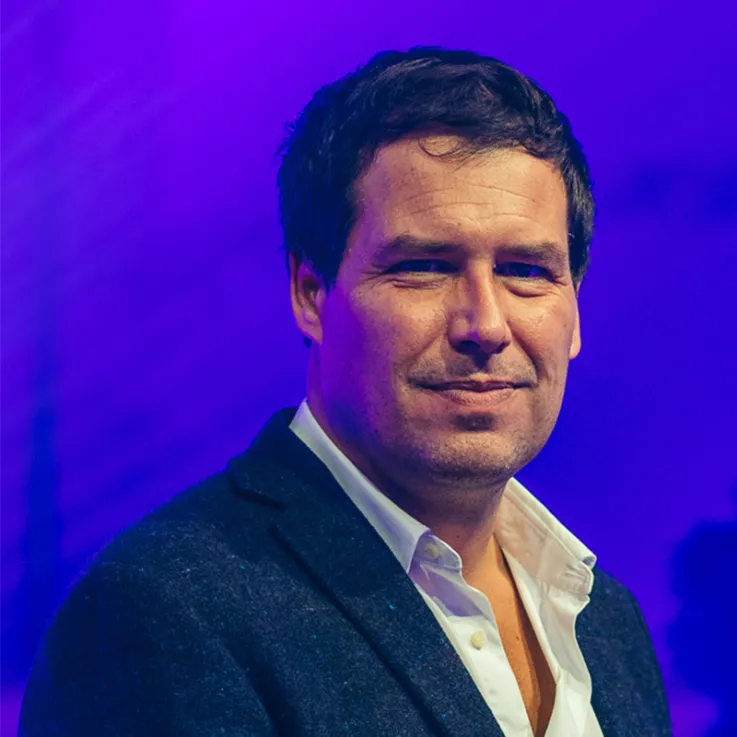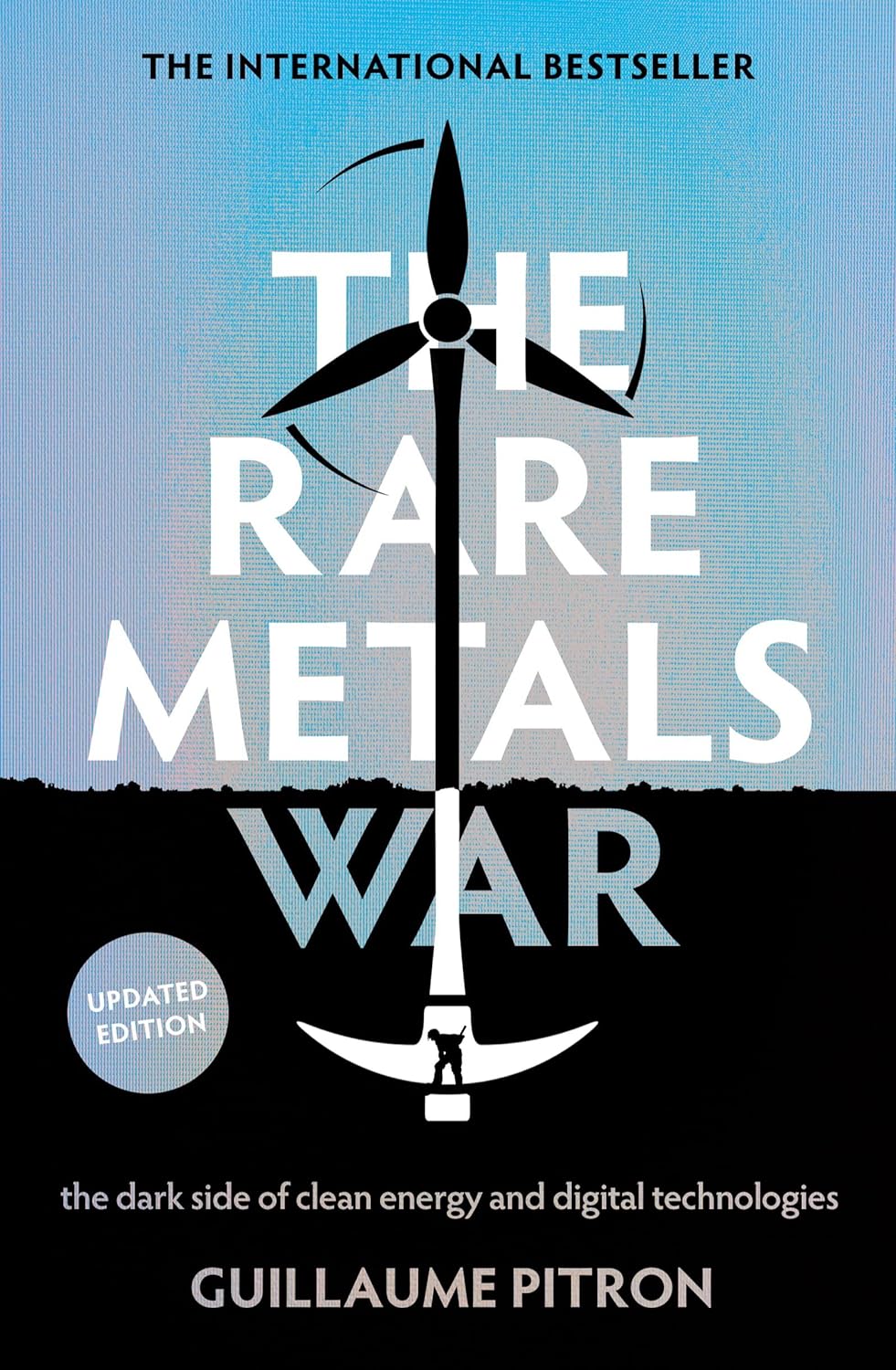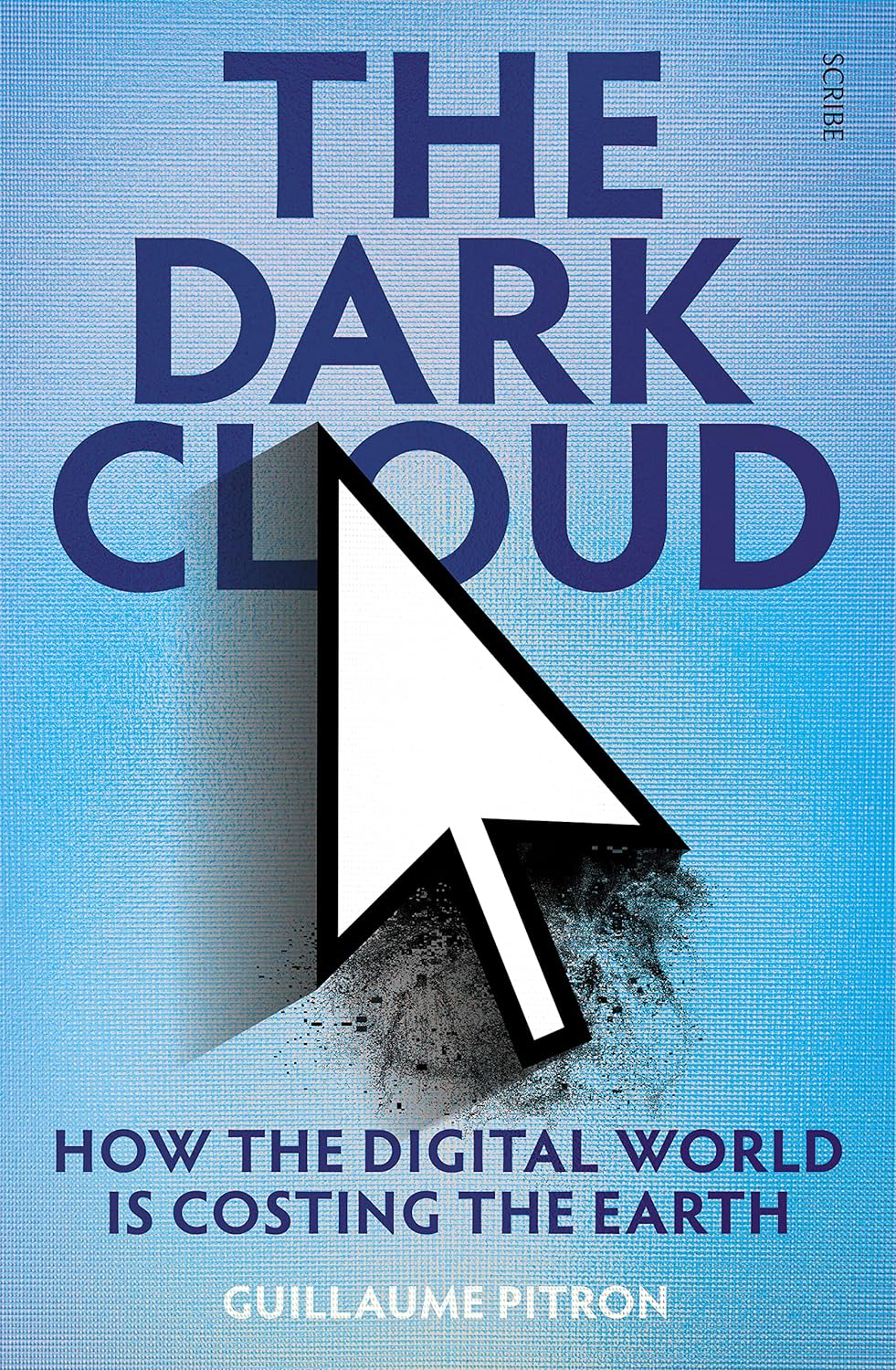Author, journalist, and documentary maker, Guillaume Pitron is known for his investigations into the economical, political, and environmental issues of the global economy and digital transition.
He has written two books, published in France by Les Liens qui Libèrent (LLL) and translated into some fifteen countries: La Guerre des métaux rares. La face cachée de la transition énergétique et numérique (2018) (The Rare Metals War: The dark side of green energy and digital technologies (2019)), and L’Enfer numérique. Voyage au bout d’un Like (2021) (The Dark Cloud : how the digital world is costing the earth – English edition publication in May 2023). He has also co-written the dystopian work Promethium (2021), which foreshadows the fully “green” world in the year 2043.
His work for the print media includes Le Monde diplomatique, Géo, National Geographic and The Washington Quarterly. His dozen documentaries have aired on the major French TV networks and in twenty other countries (including on Arte, Amazon Prime, Al-Jazeera and ZDF).
From green energy to digital technology to smart farming and so-called “smart” borders, Pitron is staking his claim at the forefront of the technology revolutions by examining the economic, geopolitical and environmental issues they raise. Farming, mining and energy resources make up an ideal access point for questioning these changes. He has turned in close to a hundred reports in about forty countries — on rare earth and graphite mining conditions in China, the economic impact of oil in Alaska, and the new geopolitical dependencies created by robotic farming. They challenge the myths and utopias about current technological growth fostering environmental virtue, digital lifestyles, economic growth uncoupled from resource consumption, social and human progress, and more.
Taking this approach, Pitron covers diverse issues, such as the limits of our planet’s resources, the challenges of shifting to a circular economy, China’s technological rise, Europe’s energy sovereignty and the upheavals caused by artificial intelligence.
His work has garnered nearly thirty French and foreign awards, including the Erik-Izraelewicz Prize from France’s leading daily newspaper Le Monde for an investigative report on the decline of the French forestry sector (2017); the economic book prize (2018) for La Guerre des métaux rares. La face cachée de la transition énergétique et numérique; the 2022 Veolia Foundation Environmental Book Prize for L’Enfer numérique. Voyage au bout d’un Like; and Best Long-Form Documentary at the American Golden Picture International Film Festival (US, 2021) for The Dark Side of Green Energies.
Guillaume Pitron is regularly invited to speak at international institutions (International Monetary Fund, European Commission, United Nations Educational, Scientific and Cultural Organisation [UNESCO]), universities and prestigious institutions (INSEAD and HEC business schools, University of Ottawa), governments (French Senate, French Ministry for Europe and Foreign Affairs, Quebec Ministry of the Environment), the non-profit/non-governmental sector (World Wide Fund for Nature, community colleges), book festivals (Brisbane Writers Festival, Internazionale a Ferrara) and TEDx (Technology, Entertainment and Design) talks.
He makes frequent appearances on French and international media outlets and has been interviewed by Le Monde, the BBC, Bloomberg TV, The Guardian, The Financial Times, Radio Canada, la Radio-Télévision suisse (RTS), El País, La Repubblica, RAI, The Globe & Mail, de Volkskrant, the South China Morning Post, and the Australian Broadcasting Corporation. His views are also quoted by the US Senate Committee on Energy and Resources.
In addition, Pitron is a research associate at the Institute of International and Strategic Relations (IRIS) in Paris, and serves as an Executive in Residence at the INSEAD Business School/MBA Sustainability Business Initiative.
He holds a postgraduate degree (DEA) from the Universities of Paris and a master’s degree in law from Georgetown University (US).






